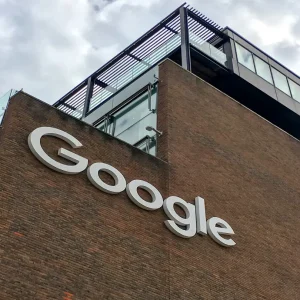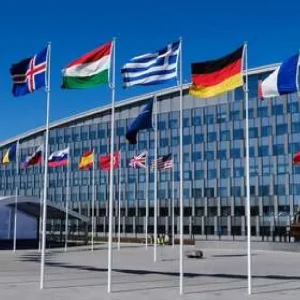
The Galileo satellite constellation got one launch closer to a full complement on Wednesday, as launch vehicle Ariane-5 carried four more satellites into orbit from Europe’s Spaceport in Kourou, French Guiana.
The Galileo satellite system provides timing and positioning services for over 400 million users.
This week’s launch brings the total number of Galileo satellites in orbit to 26. Once fully operational the Galileo constellation will number 30 satellites; this is expected to be completed in the year 2020.
See also: UK Space Industry in Ambitious Push for £250 Billion Growth
Maroš Sefčovič Vice-President of the Energy Commission said: “Another milestone towards the full operational capability of Galileo in 2020! Space is becoming a new economic frontier, as it is vitally linked to a growing number of sectors and driving their profound modernisation.”
“In fact, 10 percent of the EU’s GDP is dependent on space-related services. We therefore need to strive for Europe’s global leadership and strategic autonomy.”
The EU will hope to gain a section of the satellite navigation service market which is estimated to be worth £222 billion by 2022.
So What Does it Actually Do?
The Galileo system is seen as the European alternative to the US based Global Positioning System (GPS).

The Galileo positioning system is currently used by governments and civilian entities.
Galileo Open Service is a free positioning and navigation service. It is used in systems like eCall, which is mandatory in all European cars made since 31 March 2018.
eCall detects serious impact and dials Europe’s single emergency number 112 in the event of a crash, while the Galileo satellite system triangulates the exact position of the vehicle.
Galileo has also been instrumental in aiding search and rescue efforts. Before the initial services were provided by the satellites, it took four hours to locate an activate distress beacon, this has been reduced down to an incredible 10 minutes.
The size of the search zone has also been reduced down from 10 km to two km.
The Galileo systems is designed with government and military services in mind and has a Public Regulated Service that enables the use of a fully encrypted service continuity, even when the environment or conditions are detrimental to most equipment.
Brexit
The Britain’s involvement in the Galileo project is in question as Britain prepares to leave the European Union.
Last month former Brexit Minister David Davis warned the EU that if the UK was shut out of the project it would set its completion date back by three years. He also warned that it could increases the overall cost of the system by a billion euros.
EU Commissioner of Internal Markets and Industry Elżbieta Bieńkowska commented in a statement last year on the systems initial launch that: “This is the result of a concerted effort to design and build the most accurate satellite navigation system in the world.”

“It demonstrates the technological excellence of Europe, its know-how and its commitment to delivering space-based services and applications. No single European country could have done it alone.”
Jan Wörner the European Space Agency Director General showed just how integrated the UK is in the European space project when he thanked those enveloped in bringing the Galileo project this far:
“We must thank our industrial partners OHB (DE) and SSTL (GB) for the satellites, as well as Thales Alenia Space (FR/IT) and Airbus Defence and Space (GB/FR) for the ground segment and all their subcontractors throughout Europe for their continued support to the programme.”
“Together with ESA, the entire industrial team has worked hard for the point at which we now are and this cooperation have proven to be very successful, as we can show in the excellent performance of Galileo,” he added.






